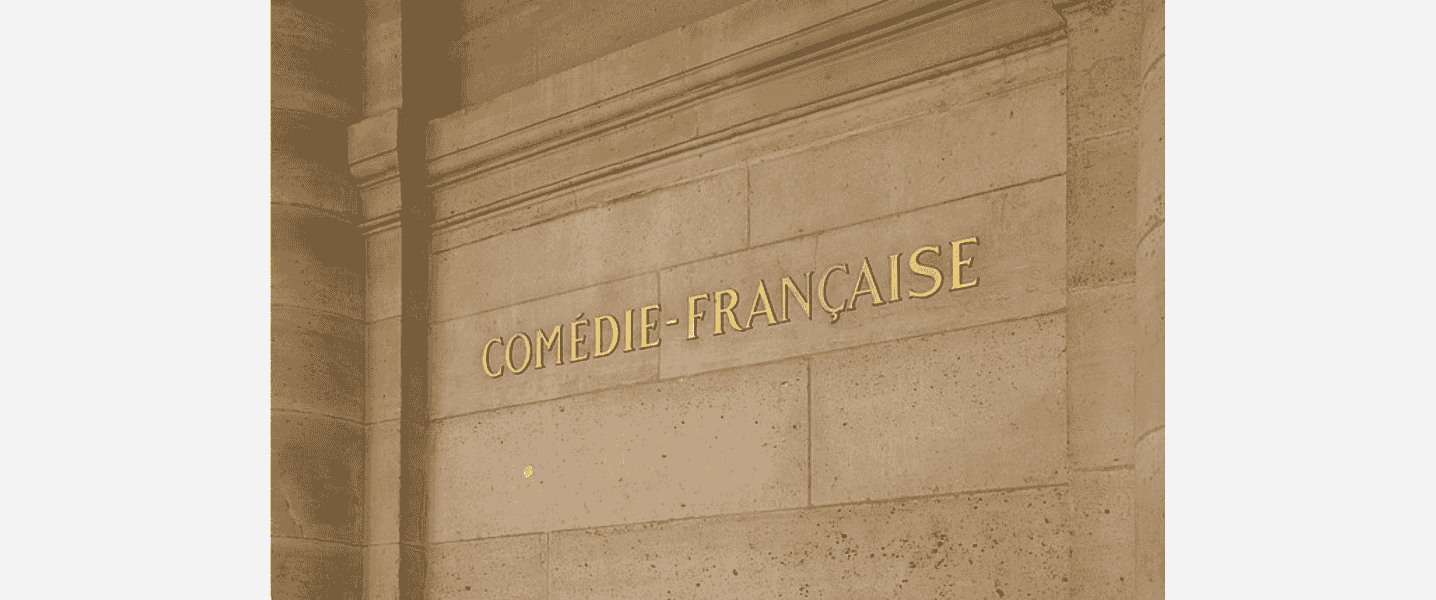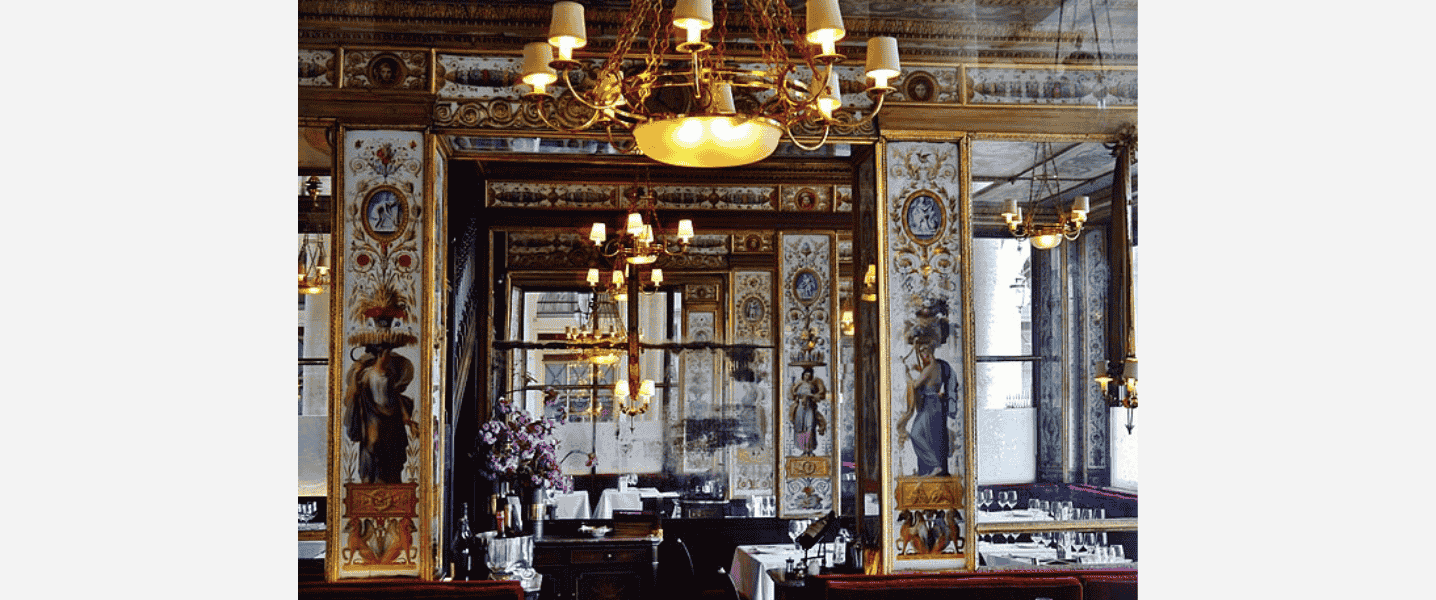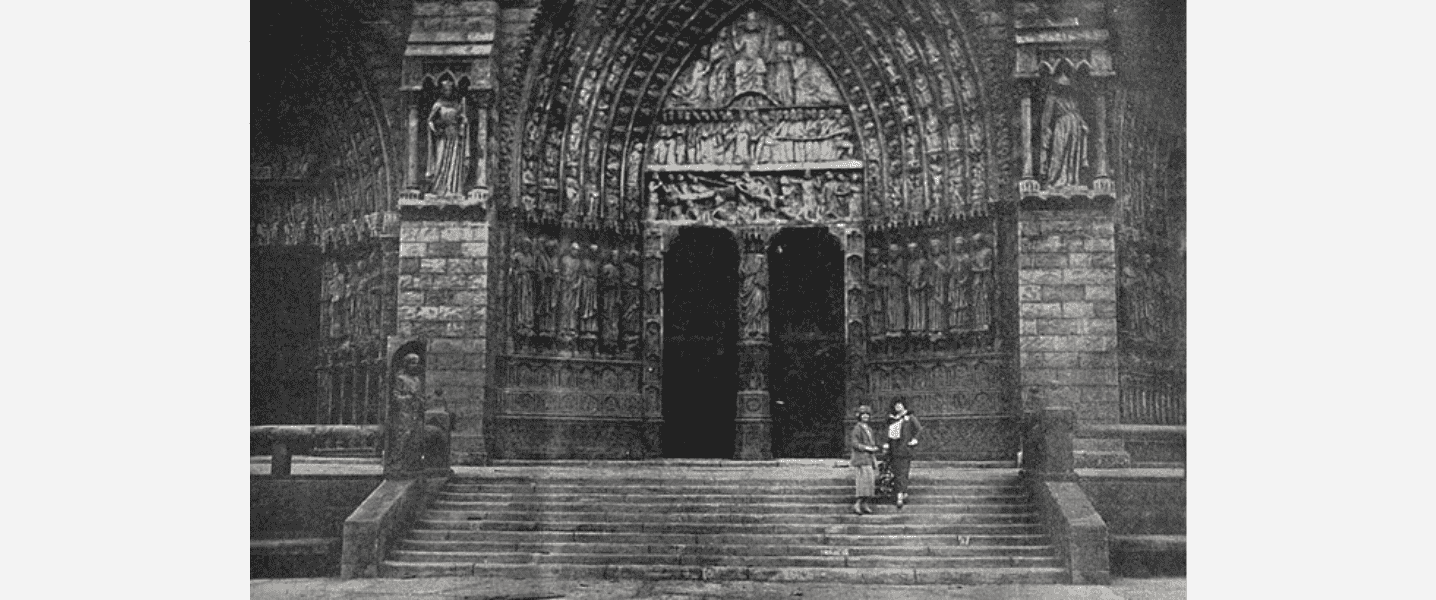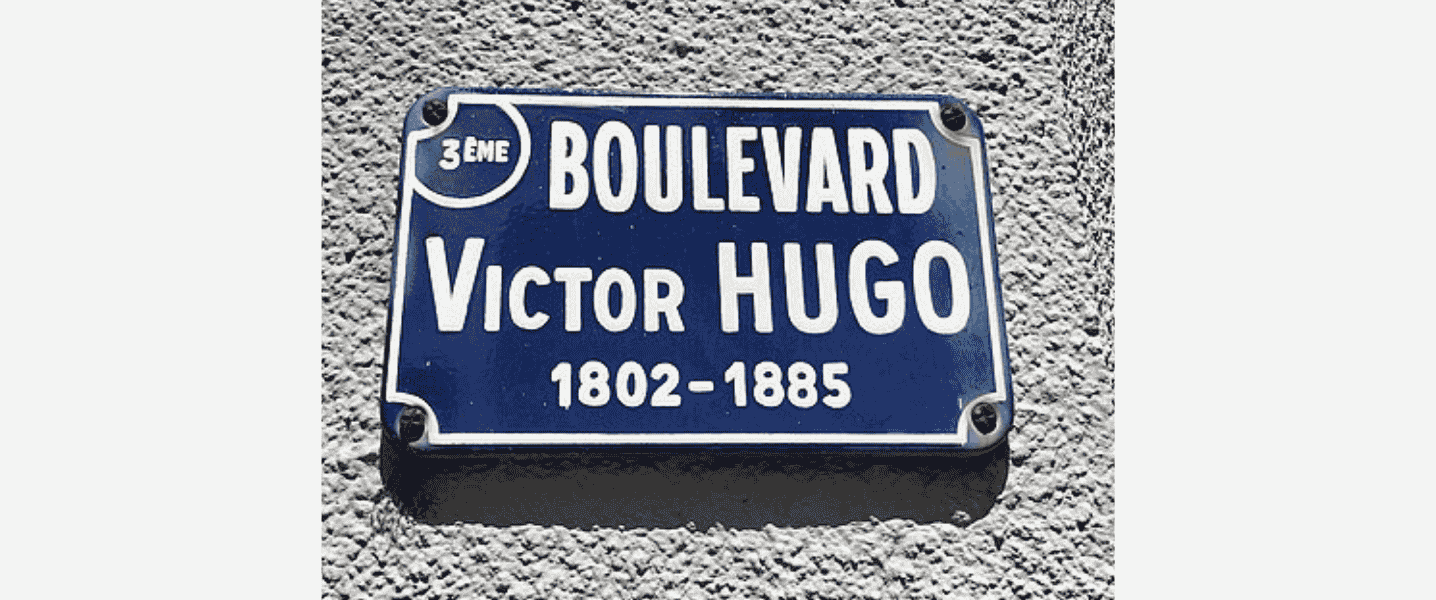- May 24, 2018
- All things Paris
- Kaitlyn Le
Victor Hugo, one of France's great figures
Victor Hugo is most known outside of France for his novels Les Misérables (1862) and The Hunchback of Notre-Dame (1831). In France, his poetry collections, such as The Contemplations or The Legend of the Ages, are his most notable works. Hugo used his works to express societal and political issues in his point of view, beginning as a royalist but later becoming a passionate republican and independent liberal. In 1851 when a coup d’etat resulted in the beginning of the Second Empire under Napoleon III, Hugo fled after a single attempt at resistance, and was in exile until 1870. Despite his brief exile, Hugo was a true Parisian at heart, and his touch can be found all over the city to this day. Hugo was such a celebrated French figure, that over 2500 streets and alleyways throughout France bear his namesake! With most of his life spent in the City of Lights, he accumulated at least 25 different home addresses in Paris! We can’t take you through them all, but we can show you a few of the best places to find traces of the famous French author and playwright Victor Hugo. Following his death in 1885, he was given a national funeral, and his body is now buried under the Panthéon with other influentials such as Voltaire, Émile Zola, and Rousseau.

La Comédie Française
By 1830, Hugo had become a leading literary force within Paris, and was determined to bring Romanticism to a conservative La Comédie Française with his controversial play, Hernani. The critics had planned to boo the play off the stage, but Hugo was able to organize his own Romantic rebels. They came through on opening night dressed eccentrically, and ate and relaxed at the theatre, and met the bourgeoisie with applause and cheering. Hugo had the last laugh, as the Comédie Française still runs his plays today, alongside Molière, Shakespeare, Chekov and more…

Le Grand Véfour Restaurant
Although the menu has changed since the time that Hugo would come, this restaurant was one of his favorites. He would always order vermicelli noodles with mutton and white beans. Back in Hugo’s time, the Le Grand Véfour Restaurant was a meeting spot for many literary elites. Now, it’s a Michelin star rated restaurant, and still bears the original mirrored walls, neoclassical paintings, and gilded frames. Take note and make sure you book a table in advanced, and during the reservation ask for the “Hugo table” and experience fine dining with a courtyard view!

Notre Dame Cathedral
Already a popular tourist attraction, the Notre Dame is one of Paris’ most famous churches. This is also the setting for one of Hugo’s most renown works, The Hunchback of Notre Dame. Hugo would attend this church regularly, although at the time, people had considered it as a shabby, run-down establishment. It wasn’t until after he wrote about it that it began to attract an audience, and the church was finally restored in 1844. While you stroll through the immense decorated interior, you simply can’t help but checking in the corners for Esmeralda and Quasimodo!

124 Boulevard Victor Hugo, 75016
Hugo’s final residence was located in the heart of the 16th arrondissement. It was at this very spot that over 600K people gathered under his window February 27, 1881, to celebrate Hugo’s 80th birthday. When Hugo moved into this address, the road did not yet bear his name, but was promptly changed before his death. Imagine walking down your own street! ” Nowadays, in addition to the large boulevard bearing his name, you’ll also find his mark on the metro station just down the road.

Place du Panthéon
First built as a church in dedication to St. Genevieve, the Panthéon is in the heart of the Latin Quarter. This area is known for the intellectuals that once spent their free time, discussing and debating amongst each other, sharing ideas and inspirations, and meeting new people. The Panthéon is now used as a secular mausoleum where distinguished French citizens are honored and buried, including Victor Hugo himself. There are guided tours where you can visit the crypts and discover those who are laid to rest here.
...So there you have it. From his birth to all the Parisian places that influenced Victor Hugo's life, you can find his touch all over Paris and in all corners of France. After you finish your tour of Hugo's favorite Parisian haunts, you can read one of his novels or even see one of his classic plays. His works are to this day being performed on stages across the world, and of course right here in Paris itself. See a Victor Hugo piece and other classic French plays at the Théâtre Ranelagh, with English subtitles!
A Gift They’ll Never Forget!
Everyone has that loved one who is impossible to buy presents for, so why not give them a day to remember instead? With our gift card, they can choose to see one of our amazing shows, concerts, cabarets and more! And you can be safe in the knowledge that you’ve given them the best present of all — an extra-special memory to last a lifetime.
THERE’S MORE WHERE THAT CAME FROM...
Whether you're a theatre aficionado or a first-timer, the Theatre in Paris newsletter has got what you need! At least once a month, receive a hand-crafted email for your browsing pleasure, listing the best exclusive updates, deals, programmes, and all things theatre.
You can also follow us on Facebook, Instagram, Pinterest, and TikTok by clicking the link below to see our Link in Bio page.





